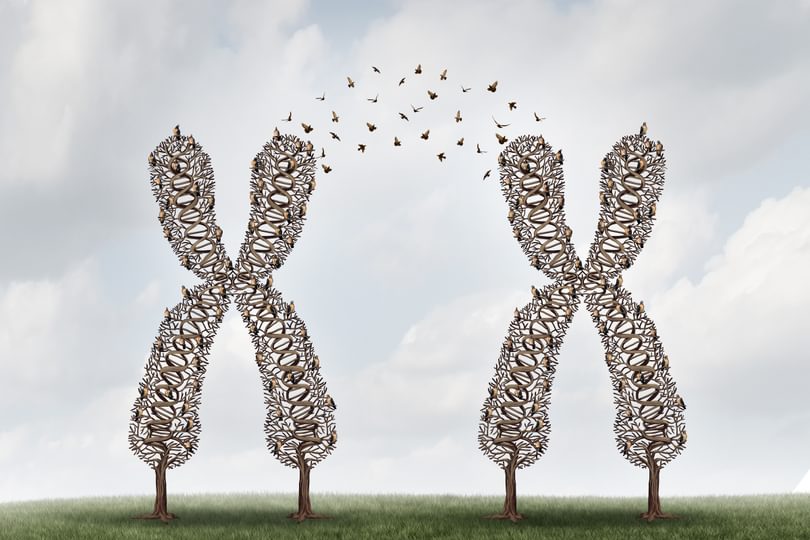
This is a joint lecture with INET Oxford
From biology to technology, a powerful mechanism to create innovation is recombination – the formation of new systems by combining old parts in new ways. However, we poorly understand the causes of this power. Part of the reason is that most success stories of innovation by recombination – especially in the history of technology – are historical narratives that do not allow a quantitative analysis.
Professor Andreas Wagner, Professor and Chair in the Department of Evolutionary Biology and Environmental Studies at the University of Zurich, will discuss a biological system that can provide a systematic and principled understanding of recombination’s power to innovate. The system is metabolism, a complex network of chemical reactions that has been the source of countless innovations in life’s evolution. It is responsible for the ability of organisms to survive on a bewildering diversity of energy sources, for the adaptation of life to chemically hostile environments, and for the ability of organisms – especially plants – to manufacture a myriad of useful molecules. He will discuss both experiments and computational analyses from his laboratory that has helped us understand the power of recombination to bring forth such innovations.
About the speaker
Andreas Wagner is Professor and Chairman of the Institute of Evolutionary Biology and Environmental Studies at the University of Zurich in Switzerland, and External Professor at the Santa Fe Institute. His main research interests are the evolution of biological systems, from genomes to complex molecular networks.
Wagner has authored nearly 200 scientific publications in journals that include Nature, Science, and PNAS, as well as two scientific monographs, Robustness and Evolvability in Living Systems (Princeton University Press, 2005), and The Origins of Evolutionary Innovations (Oxford University Press, 2011). Wagner received his PhD in 1995 at Yale University, where his research won the J.S. Nicholas prize for best dissertation in his field. He has lectured widely worldwide, and held research fellowships at several institutions, such as the Institute for Advanced Studies in Berlin, Germany, and the Institut des Hautes Etudes in Bures-sur-Yvette, France. Wagner is an elected member of the EMBO, an elected fellow of the American Association for the Advancement of Sciences, a member of the Faculty of 1000 Biology.